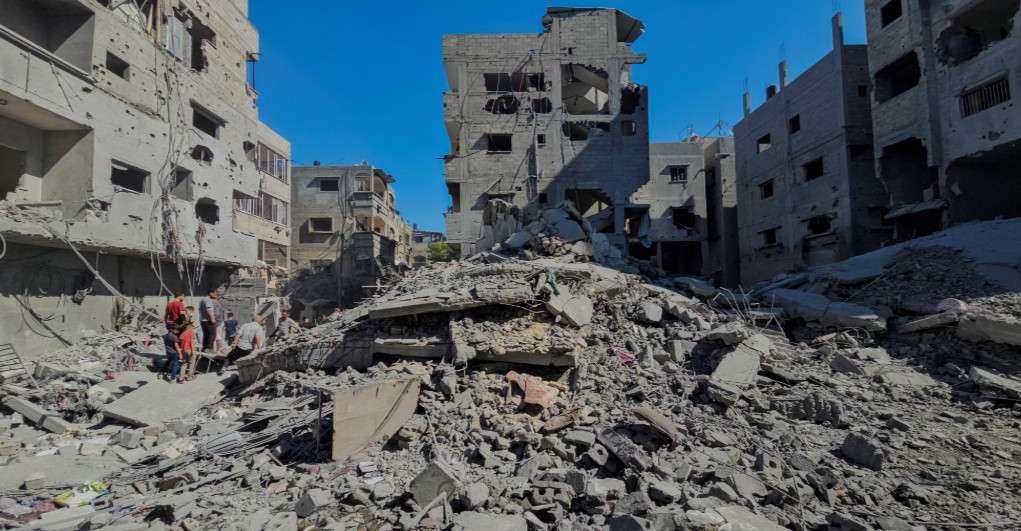UK: BBC Gaza film did not breach impartiality rules, review says

The BBC has found that it did not breach its impartiality policies, following an investigation into its broadcasting of a Gaza documentary narrated by a Palestinian official’s son, as reported by Middle East Eye on July 14th.
The documentary, “Gaza: How To Survive a Warzone”, was broadcast on February 17th but vanished from its streaming platform, BBC iplayer, shortly after, following fierce pressure from pro-Israel activists and rival UK media.
David Collier, a pro-Israel activist, claimed the narrator of the documentary, Abdullah al-Yazuri, was the son of a deputy minister for Gaza and a relative of Hamas co-founder Ibrahim al-Yazuri, who died in 2021. Collier labelled Abdullah the “child of Hamas royalty,” a phrase later repeated in several British newspapers.
Peter Johnston, the BBC’s independent head of Editorial Complaints and Reviews, led the inquiry. His report confirmed that three staff at Hoyo Films, the independent production company that made the documentary, knew of Abdullah’s father’s government role. However, no BBC staff members held this knowledge prior to broadcasting.
The BBC accepted it breached editorial guidelines on accuracy by not disclosing the narrator’s ties to Hamas. Johnston’s review found no evidence of any other breach of editorial guidelines. It also found no indication that Abdullah’s family influenced the documentary’s content.
The UK media regulator Ofcom later announced a separate inquiry into the broadcasting of the documentary.
BBC director general Tim Davie told MPs the BBC got complaints both accusing the documentary of anti-Israel bias and opposing its removal from iPlayer.
Middle East Eye reported on February 20th that Abdullah’s father formerly worked for the UAE’s education ministry and studied in the UK.
“Our family is not as some claim,” Abdullah’s father told Middle East Eye. “There are many individuals within our family who are affiliated with Fatah and the Popular Front for the Liberation of Palestine (PFLP), including some in leadership positions within these movements.”
Middle East Eye
Want to chase the pulse of North Africa?
Subscribe to receive our FREE weekly PDF magazine












